Trump Administration Moves to Reassess $100 Million in Federal Funding to Harvard
The White House orders federal agencies to examine Harvard University’s government contracts, escalating a political and financial standoff with the Ivy League institution over allegations of discrimination and antisemitism.The Trump administration has launched a sweeping review of Harvard University’s federal funding, directing agencies to assess whether contracts—worth an estimated $100 million—can be terminated or redirected. The move marks a significant escalation in the administration’s ongoing clash with one of America’s most prestigious universities.
According to a senior White House official, the Government Services Administration (GSA) will soon distribute a letter to all federal agencies, instructing them to examine their existing agreements with Harvard. The goal: to determine which of the university’s roughly 30 federal contracts, totaling nearly $100 million, could be legally cancelled or reassigned.
The letter, still in draft form, reportedly accuses Harvard of fostering discrimination and antisemitism. While the White House insists the review is not an automatic funding cut, officials say agencies will be encouraged to end any contracts that do not meet federal standards. Funding that is deemed essential, however, may be preserved at the agency’s discretion.
This initiative is the latest in a series of efforts by the Trump administration to target Harvard’s operations. Previously, the administration froze $2.65 billion in federal grants and attempted to revoke the university’s authorization to enroll international students. A federal judge later blocked that action with a temporary restraining order.
The administration has also explored stripping Harvard of its tax-exempt status, and in separate moves in April and May, halted an additional $2.65 billion in combined federal funding. These aggressive steps have prompted legal pushback from the university.
The impact of the funding uncertainty is already being felt on campus. One of the hardest-hit areas is Harvard Medical School’s Sinclair Lab, a research hub focused on aging and related diseases. Dr. David Sinclair, the lab’s founder, reported the loss of a National Institutes of Health (NIH) grant and noted that six international researchers—half of the lab's team—have been affected by the administration’s attempt to block visas for foreign scientists.
“The disruption goes far beyond lost money,” Sinclair said. “Ongoing experiments are being shut down, and critical international talent is being forced out.”
Harvard President Alan Garber, speaking before the latest funding threat was public, criticized the government’s approach in an interview with NPR.
"Cutting research funding doesn't just hurt Harvard—it hurts the country,” he said. “This funding is provided to conduct research that the federal government itself deems high priority. It’s not a gift; it’s an investment in work the government wants done.”
A student-led protest took place Tuesday evening, with a few dozen Harvard community members condemning the administration’s actions. Jacob Miller, a student and former head of Harvard Hillel, described the justification of antisemitism as “absurd.”
“Targeting Harvard under the guise of addressing discrimination is a political maneuver, not a principled stance,” Miller said.
Despite the broad scope of the review, the administration has clarified that hospitals affiliated with Harvard are not included in the current funding reassessment.
Harvard has yet to issue a formal response, though its website emphasizes the importance of federal support for research into cancer, heart disease, infectious diseases, obesity, and more. “Without federal funding,” it warns, “this work will come to a halt midstream.”
Adam Nguyen, a Harvard graduate and founder of Ivy Link, an education consultancy, highlighted the potential fallout for researchers and graduate students.
“The cuts will be devastating,” he said. “Many of these students and early-career researchers rely on external grants. Without them, their work stops—and so do their careers.”
As the battle between the Trump administration and Harvard continues to intensify, the consequences could ripple far beyond the university, disrupting vital scientific progress and academic careers across the country.




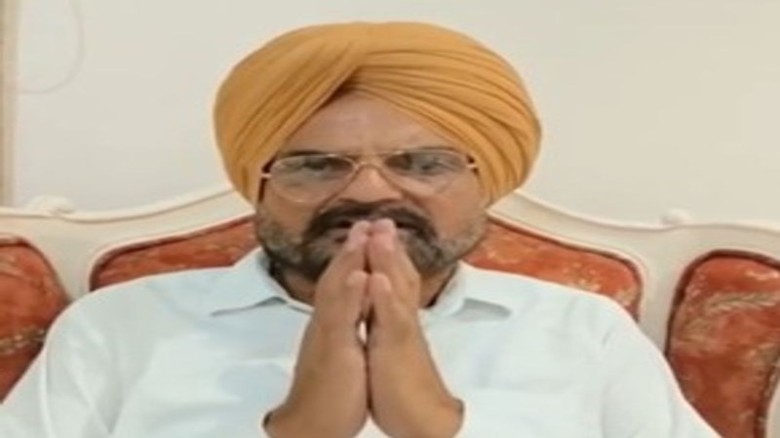
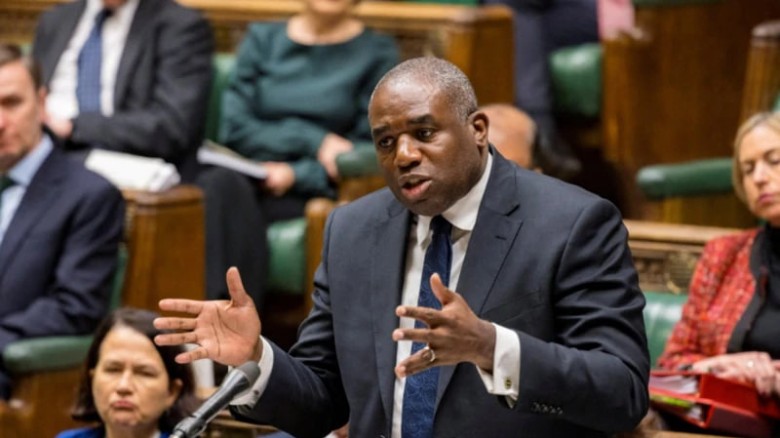
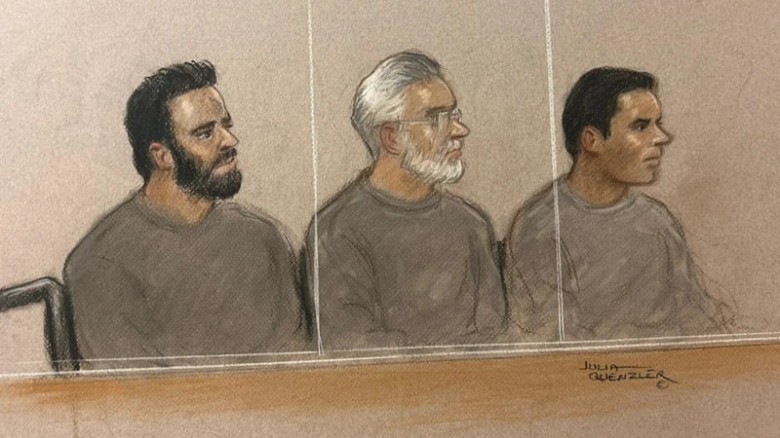


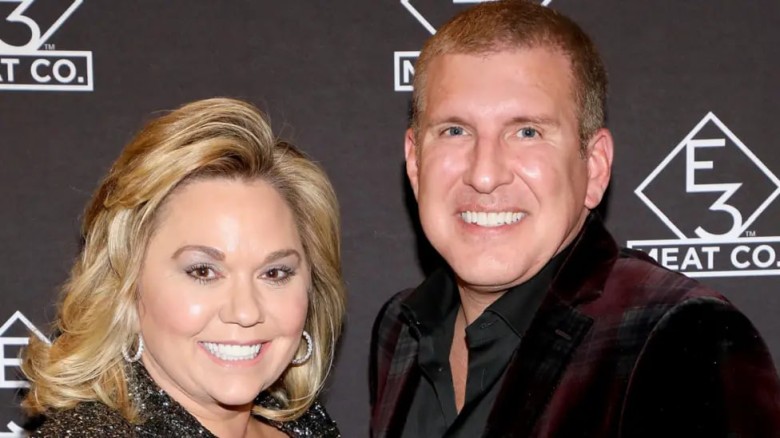
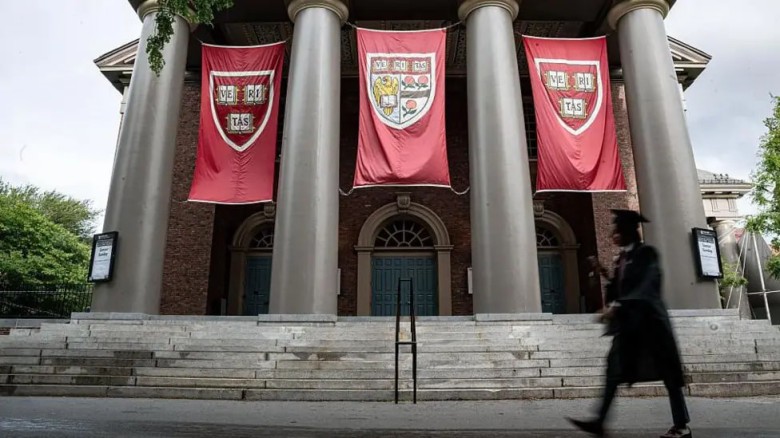
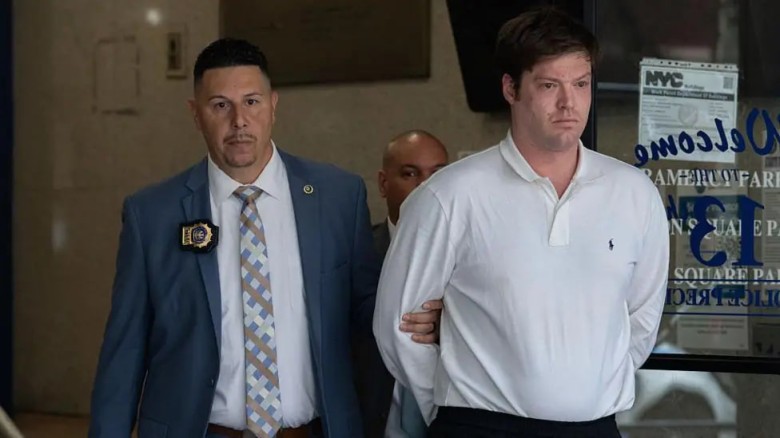

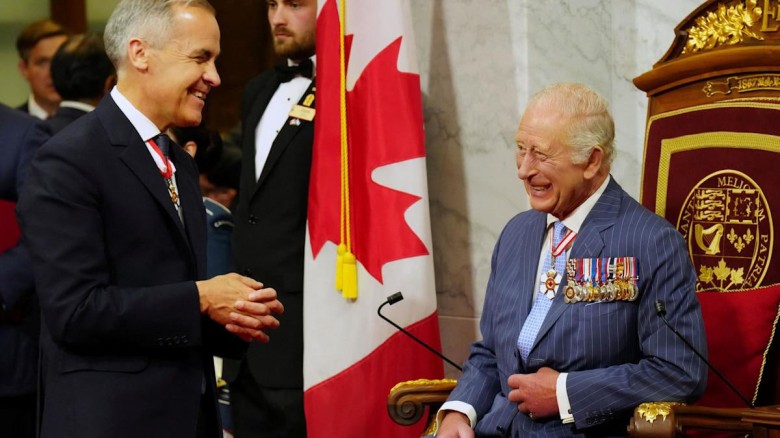
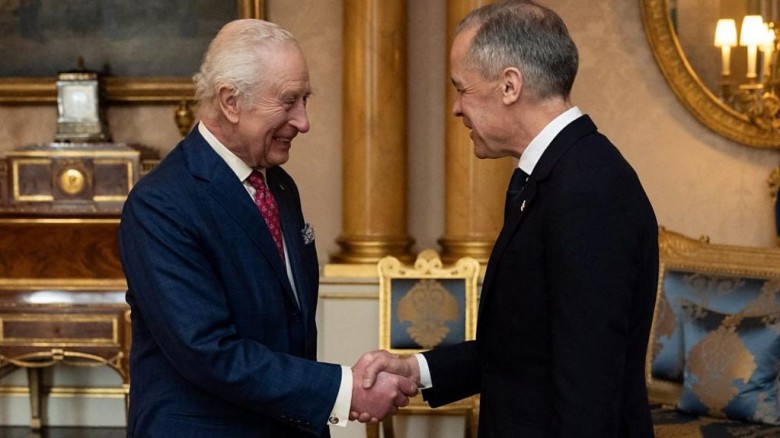


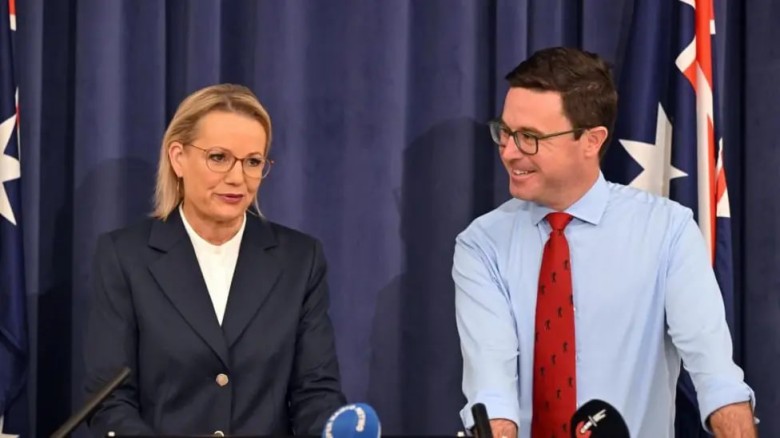





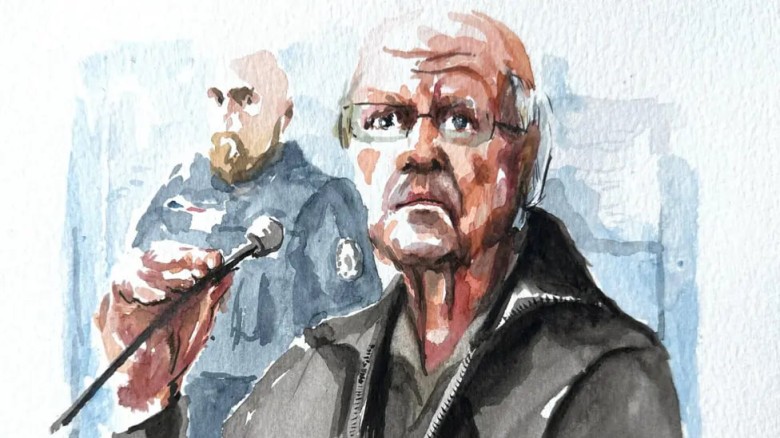

























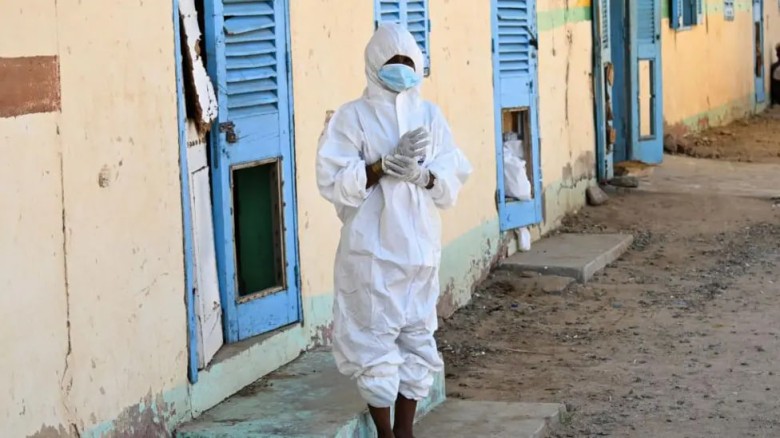
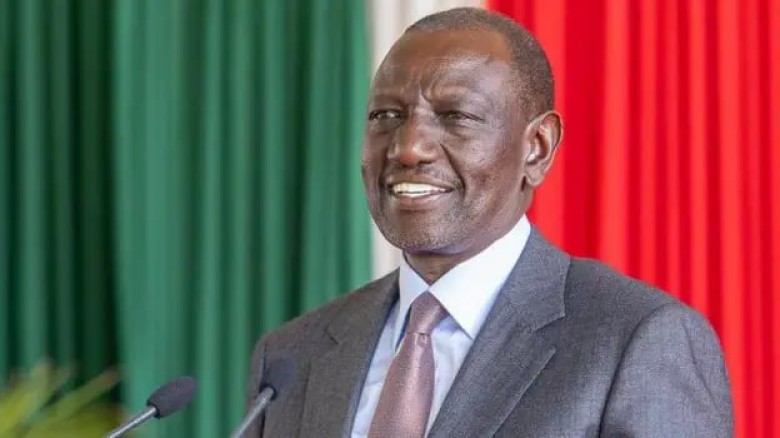
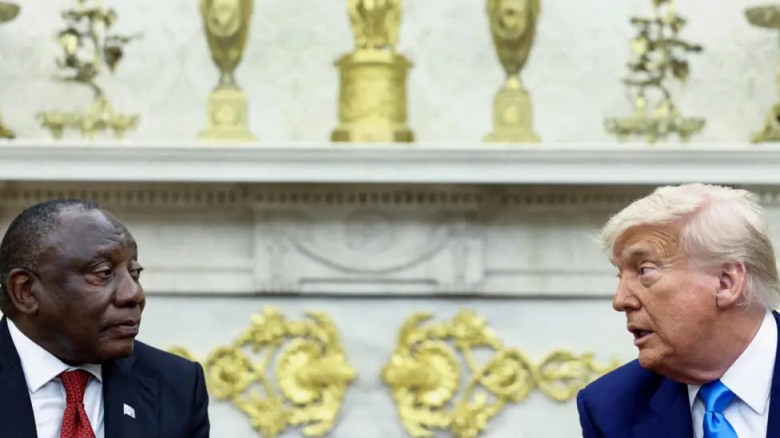




















Leave A Comment